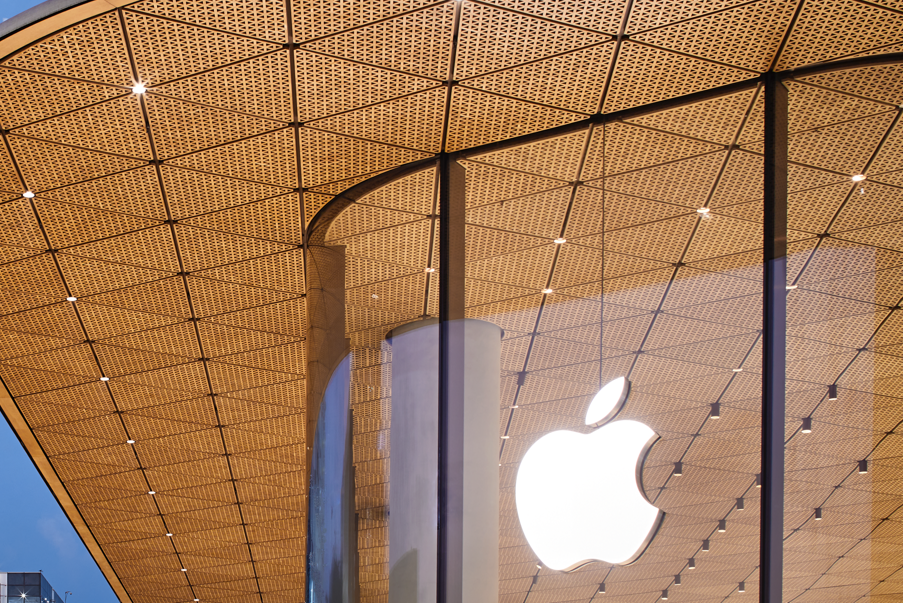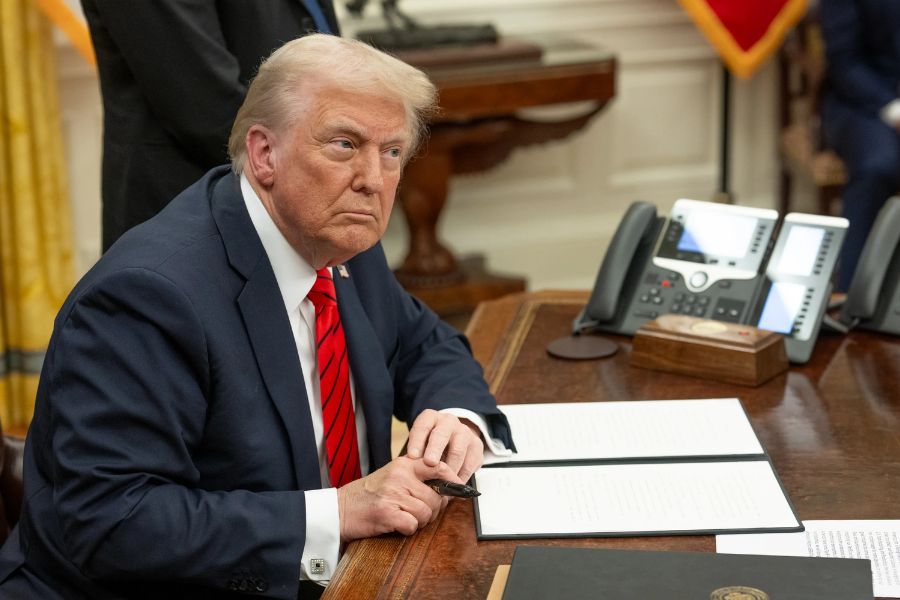It’s day four of the World Economic Forum in Davos, and it’s finally started snowing.
For most of the week, the weather has been relatively mild and the streets a little more navigable than usual. The local authorities had even laid down some grit in places, though diligence was still required for pedestrians. But it wasn’t as cold as New York City, for instance.
This was just one element of a slightly curious Davos 2025. Speak to some people and they’ll tell you it was quieter than usual and eyes were elsewhere (mainly on DC). Others will proclaim it was busier than ever.
Personally, it did seem a little quieter to me, though there were still many PR pros in situ. This included lots of in-house CCOs supporting their CEOs and senior execs, plus agency folk doing the same for their clients, demonstrating thought leadership and scouting for new business.
Of course, one abnormal factor this week was that the start of the event coincided with the inauguration of President Donald Trump on Monday. CEOs such as Pfizer’s Albert Bourla hotfooted it from DC to participate in the Davos melee of meetings, panel appearances and visits to the Congress Centre.
And everyone seems to be hanging around with bated breath for President Trump’s virtual address on Thursday to WEF at 5:00 p.m. local time/12:00 p.m. EST.
There’s a two-track experience at Davos that reminds me of the difference between Le Palais and La Croisette at the Cannes Lions International Festival of Creativity in June.
In Davos, there are those who spend time in the Congress Centre and then there are those who don’t have access and patrol the Promenade, where businesses—especially tech businesses and consultants—and nation states, or regional areas in the case of India, peddle their wares.
Everyone eventually congregates at high-profile hotels such as the Belvedere, where The Wall Street Journal and Semafor have been holding court in and amongst other trade stands and business locations. Many parties and drinks gatherings take place on a nightly basis for those with the stamina to go from early morning to late at night.
The world’s largest PR firm had its own physical location on the Promenade this year, the Edelman Trust House, and it launched the 25th version of its Trust Barometer at an early breakfast session on Tuesday morning. Grievance was the theme of the report this year, which showed everyone mistrusts the main institutions of government, media and business — 50% of white males feel discriminated against.
Four in 10 people believe in hostile activism, which might explain—but not legitimise—the shocking and brutal murder of UnitedHealthcare CEO Brian Thompson on a Manhattan street in December.
Weber Shandwick was hanging out in the Social Innovation House at the other end of the Promenade, next door to Ukraine House, which was a source of excitement and, you have to say, celebrity during President Volodymyr Zelenskyy’s visits on Tuesday and Wednesday.
Omnicom PR Group partnered with Campaign's sister title PRWeek at the stunning AlpenGold Hotel overlooking Davos for a fascinating discussion among in-house CCOs about the year of change ahead and the implications for PR professionals, business leaders and society.
The trade body for CCOs, Page, was a ubiquitous presence in Davos this week, hosting several events led by new CEO Rochelle Ford. There’s no doubt that the value CCOs bring to the table has never been more appreciated by CEOs and C-suites. But new research from the likes of Weber suggest those leaders expect more from their comms leads, and with new responsibility comes greater accountability.
This is a storyline we’ll be following closely at PRWeek in the coming months, and you can hear some reflections on it in the latest edition of The PR Week podcast.
While Davos has long been billed as a forum for discussing sustainability, it majors hard these days on business, trade and the economy. There was a general feeling of bullishness permeating the mountain air and the onset of the second Trump administration is being greeted with guarded optimism. In launching the Trust Barometer, Richard Edelman said, “If Trump can get things done, he can be a game changer.”
On the streets of Davos, the word was that the new president has 18 months to two years to get these things done before focus shifts to the midterm elections. This follows a Biden presidency that was not perceived as pro-business and didn’t seem to have much appetite for engaging the Davos community.
Collaboration was a word bandied around in multiple places, especially, but not solely, in the context of reskilling and upskilling the world’s workers for an AI future.
Edelman’s Trust Barometer panelists suggested the general public didn’t trust AI, or even understand what it is. There is a real need for all institutions to collaborate and, most importantly, communicate what the plan is for AI and rebut the perception that it’s about “robots taking people’s jobs.”
“Business has to bring economic optimism back, reengage with society and politics, and make the case for capitalism,” said Heineken CEO Dolf van den Brink, adding that we need to make it work and that reskilling is key. “We have to create middle-class jobs or the bottom will fall out.”
Cisco’s latest AI Readiness Index, released at the end of last November backs this up. It stated that only 13% of the 8,000 global organizations surveyed consider themselves AI-ready, which was actually down from 14% in the year prior. On the Davos Promenade, the AI House was busy, but not as rammed as last year.
The week started with lots of chat about TikTok, which took a short hiatus over the weekend as the January 19 deadline for it to be sold passed without conclusion. But the Chinese-owned social video site quickly started up again when it became clear then-President-elect Trump was going to work something out to keep the site live.
Technology and social media are huge stories at Davos and beyond, and they will be driving lots of the narratives around business in the coming months.
Finally, amid all the elites and high-fallutin’ discussions across Davos, spare a thought for those PR pros behind the scenes grinding out the hard yards. Lots of them arrived days before the World Economic Forum to set up activations and events. And many of them will still be grafting when the fleets of helicopters and private jets head out of Davos after another year of talking shop.




